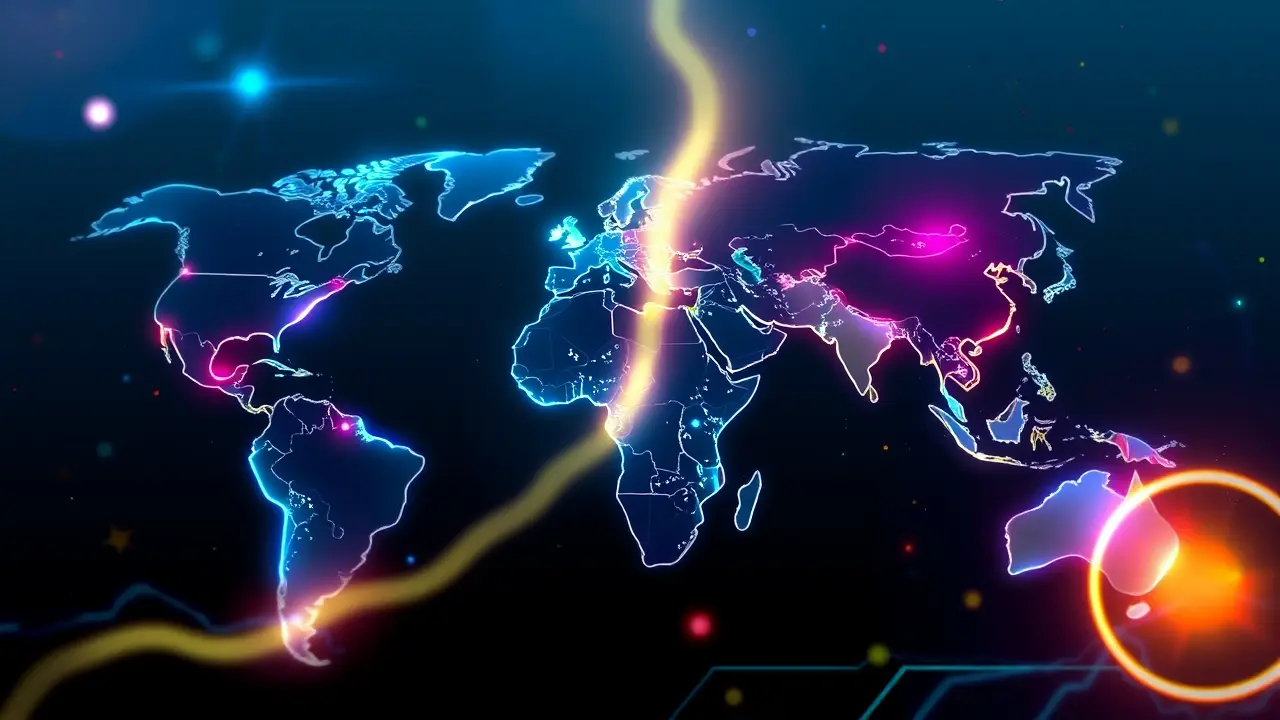
Financefintech & paymentsCentral Bank Digital Currencies
European Battery Startups Competing Against Asian Giants
OL
Oliver Scott
3 hours ago7 min read
The global battery market, projected to surge to a staggering $400 billion by 2030, represents not just an economic opportunity but a critical geopolitical flashpoint, a high-stakes arena where Europe's industrial ambitions are colliding with the entrenched dominance of Asian powerhouses. The recent bankruptcy filing of Northvolt, a homegrown champion once hailed as Europe's great green hope, serves as a stark, real-time risk assessment, exposing the profound vulnerabilities of a continent struggling to establish sovereign supply chains against competitors like China's CATL, which operate with the formidable advantage of deeply integrated, state-backed ecosystems.This is not merely a business competition; it is a strategic dilemma of the highest order. Europe finds itself caught in a paradox: while there is an undeniable and politically charged demand for on-shoring critical manufacturing and green power infrastructure to ensure energy security and technological independence, the continent will never achieve complete autarky and must, out of necessity, navigate a complex cooperation with the very Asian giants it seeks to challenge.The path forward for European startups is therefore one of calculated positioning, leveraging genuine competitive advantages such as proximity to the continent's robust automotive industry and its stringent environmental regulations, which can be a catalyst for superior, sustainable battery chemistries. A plausible scenario involves these nimble players focusing on high-value, specialized segments of the market—next-generation solid-state batteries or advanced recycling technologies—rather than engaging in a direct, volume-based price war they cannot win.The consequence of failure is not just a lost market share; it is ceding control over the foundational technology of the green transition, leaving Europe's automotive and energy sectors perpetually dependent on external suppliers. This strategic battleground demands a multi-pronged response: continued and more agile EU funding mechanisms, the rapid development of raw material refining capabilities to break the reliance on Asian-processed critical minerals, and the forging of strategic alliances that secure supply without sacrificing long-term industrial sovereignty. The fate of Europe's battery startups is inextricably linked to the continent's broader economic resilience and its ability to execute a coherent, long-term industrial strategy in the face of unprecedented global competition.
#featured
#batteries
#green energy
#startups
#European Union
#supply chains
#manufacturing
#onshoring
Stay Informed. Act Smarter.
Get weekly highlights, major headlines, and expert insights — then put your knowledge to work in our live prediction markets.
© 2025 Outpoll Service LTD. All rights reserved.